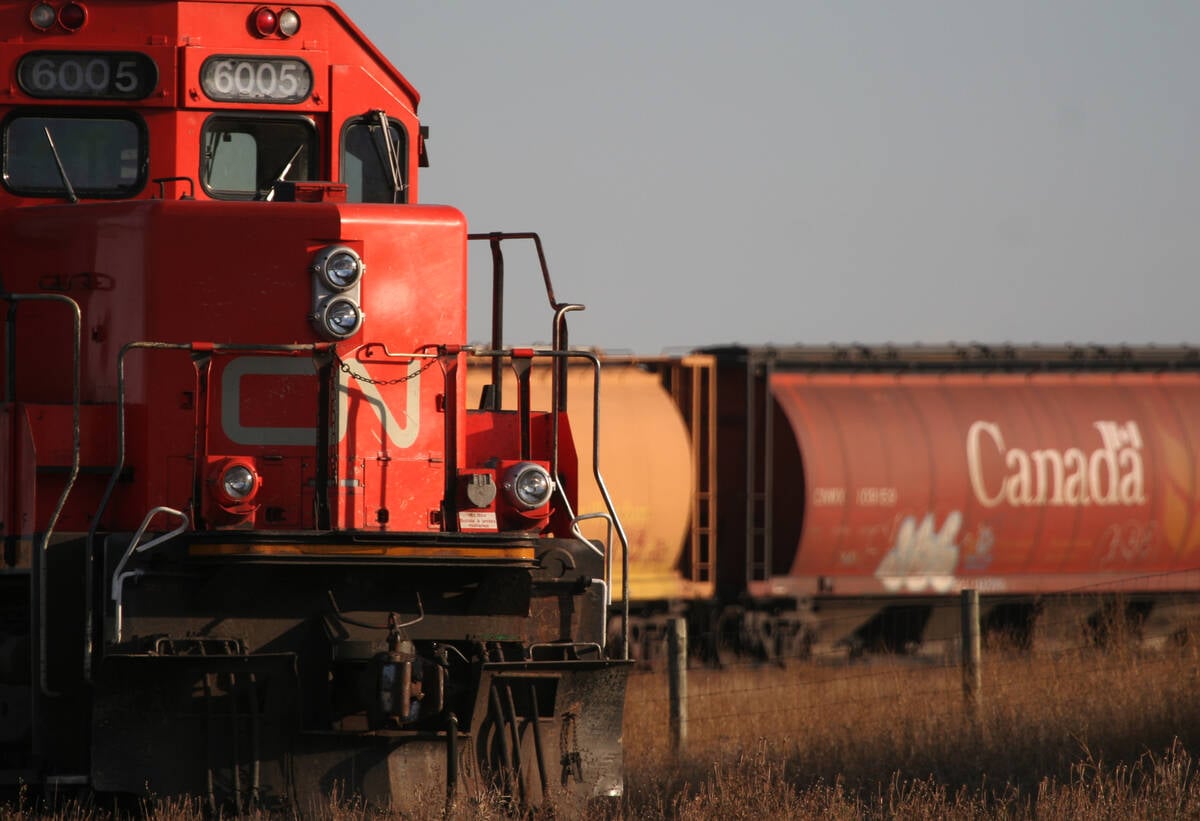Global rapeseed and canola supplies will remain tight in 2012-13, providing continued price support for the sister crops, says a leading industry analyst.
Oil World is forecasting a marginal 240,000 tonne increase in global rapeseed-canola supplies, which is less than a 0.5 percent bump over already tight 2011-12 levels.
“This is mainly attributable to the poor state of winter crops in the European Union and neighbouring Ukraine,” said the oilseed analyst in a Feb. 10 weekly report.
Oil World executive director Thomas Mielke said demand for the two crops has been rationed in 2011-12 because of insufficient supplies. That has given rapeseed-canola and their respective oils and meals a price premium over soybeans and sunflowers and their byproducts, a trend that will continue into the new crop year.
Read Also

Working groups established to address challenges in the containerized and bulk movement of commodities
CN is working with the pulse and special crops sector on resolving challenges in shipping those commodities.
“Prices of rapeseed and canola as well as of the respective oils and meals will remain well-supported and comparatively expensive compared to competing oilseeds, oils and meals in the 2012-13 season,” said Mielke in an e-mail.
“In fact, we estimate that insufficient supplies will require a demand rationing of rapeseed and canola worldwide by approximately two million tonnes.”
Errol Anderson, an analyst with ProMarket Wire, doesn’t agree with Mielke’s price projection.
“Even though the canola-rapeseed may be very, very tight, it doesn’t guarantee that the prices will maintain a head of steam,” he said.
Anderson worries that an unstable global economy will cause equity markets to pull back, which would be a bearish turn of events for most commodities.
“Our take is that the current market is getting toppy and there’s going to be selloffs,” he said.
“We’re still advocating being a marketer. Take advantage of good prices and be prepared to lock them in.”
However, he agreed with Mielke that global supplies will be tight, which should result in strong basis levels at Canadian crushers.
“The crushers will be very protective of getting their share to keep these plants going,” he said.
Some companies are already paying $10 to $18 over the May futures price to lure in canola to their plants.
“Situations where you get the basis premiums like that will become more common,” said Anderson.
How markets shape up will largely depend on how much damage a winter storm caused to Europe’s rapeseed crops.
Temperatures dipped as low as -20 C in Germany and Poland, where 30 percent of the EU’s winter rapeseed crop is planted. There was insufficient snow cover to protect the crops from the cold temperatures.
Oil World’s sources in Poland have observed no frost damage to the country’s rapeseed crop. As a result, the analyst is forecasting 19.7 million tonnes of EU production, up from 19.1 million tonnes last year. It acknowledged that its winterkill losses are “rather conservative.”
The analyst has lowered its Ukrainian output to 1.05 million tonnes from its January forecast of 1.13 million tonnes. More than 20 percent of Ukraine’s rapeseed crop failed to emerge because of dry fall conditions. As well, temperatures that dipped as low as -35 C likely caused additional damage.
Oil World said all eyes will be on Canada to see how much canola is seeded and what the spring brings.
“There is very limited chance for the 2012-13 world rapeseed supply to recover from the already subdued level this season and to meet the global requirements,” the German publication said in its weekly report.
“As a result, the global market dependence on the 2012-13 Canadian canola is going to increase.”
Agriculture Canada is forecasting 19.8 million acres and 15 million tonnes of production in 2012-13. Oil World’s predictions are slightly lower at 19.5 million acres and 14.7 million tonnes.
Anderson said canola could easily approach 20 million acres.
















